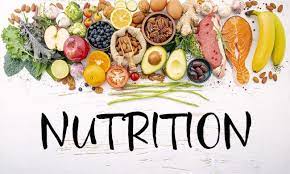Principles of Food Science" covers the basic principles of chemistry, organic chemistry, biochemistry, microbiology, and physics through the study of food production, processing, preservation, and packaging. Science principles relate to real-life applications with food.
- BCM Teacher: Rittu Susan Babu
- BCM Teacher: Anju Annette Cherian
The main, and probably the primary, reason is to increase the shelf life of the product and thereby ensure food safety. Various processes (for example heating, drying, canning, freezing, etc) inactivate the microorganisms responsible for food spoilage and/or foodborne diseases, or inhibit their growth
- BCM Teacher: Rittu Susan Babu
Food Processing Technology includes a set of physical, chemical, or microbiological methods and techniques used to transmute/transform raw ingredients into food and its transformation into other food processing firms.
- BCM Teacher: Rittu Susan Babu
A course which deals with nature, natural resources,the ecosystem, biodiversity its preservation and rights of humans
- BCM Teacher: Anju Annette Cherian
Food analysis' is generally understood to refer to chemical or physical tests, assays or measurements, and could include a wide variety of analyses, such as determination of water, fat, fibre, nitrite or nitrate content, and measurement of mycotoxins and pesticide or herbicide residues
- BCM Teacher: Rittu Susan Babu

A science which is basic to all food related courses where the nutritional aspects are of significant importance for basic and advanced study in the food processing sector
- BCM Teacher: Anju Annette Cherian
An area of study where students are introduced to various toxins in foods, their toxic levels and symptoms and how to indulge in safe practices in the food industry
- BCM Teacher: Anju Annette Cherian
Food analysis' is generally understood to refer to chemical or physical tests, assays or measurements, and could include a wide variety of analyses, such as determination of water, fat, fibre, nitrite or nitrate content, and measurement of mycotoxins and pesticide or herbicide residues
- BCM Teacher: Rittu Susan Babu
